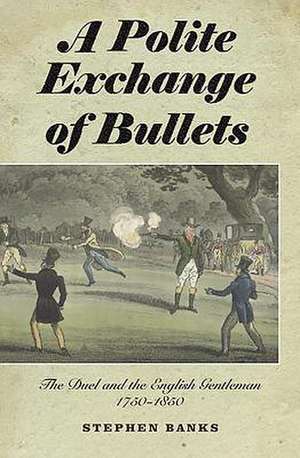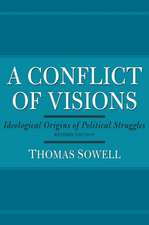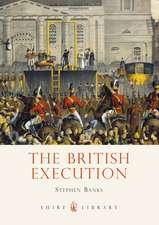A Polite Exchange of Bullets – The Duel and the English Gentleman, 1750–1850
Autor Stephen Banksen Limba Engleză Hardback – 17 oct 2010
Too often historians have explained the rise of opposition to duelling in terms of social and cultural change whilst at the same time treating the duel as though its ideological content had become irrevocably fixed in the early seventeenth century. Honour culture too had a social and an intellectual history and the author outlines those conflicts of ideas within the culture of honour itself that did much to hasten the demise of the English duel. A Polite Exchange of Bullets will be welcomed as a fresh approach to an important social phenomenon by all those interested in duelling and in English social and cultural history.
STEPHEN BANKS is a lecturer in criminal law at Reading University Law School and co-director of The Forum of Legal and Historical Research.
Preț: 453.77 lei
Nou
Puncte Express: 681
Preț estimativ în valută:
86.83€ • 90.90$ • 71.84£
86.83€ • 90.90$ • 71.84£
Carte tipărită la comandă
Livrare economică 07-21 aprilie
Preluare comenzi: 021 569.72.76
Specificații
ISBN-13: 9781843835714
ISBN-10: 1843835711
Pagini: 330
Dimensiuni: 156 x 250 x 30 mm
Greutate: 0.66 kg
Editura: BOYDELL PRESS
Locul publicării:United Kingdom
ISBN-10: 1843835711
Pagini: 330
Dimensiuni: 156 x 250 x 30 mm
Greutate: 0.66 kg
Editura: BOYDELL PRESS
Locul publicării:United Kingdom
Cuprins
Introduction Setting the scene: The arrival of the duel and a brief history to 1750 Fashion and physicality Politeness, interest and transgression: social interaction and the causes of duelling Controversies and calculations: the incidence and distribution of duelling Guts and governance: honour culture and colonial administration Dangerous friends: conciliation, counsel and the conduct of English duelling The contest in the courtroom: duelling and the criminal justice system The years of decline: The European middle and the domestic duellist The reformation of space, place and mind Dishonourable duellists and the rationalisation of punishment and warfare Conclusion














